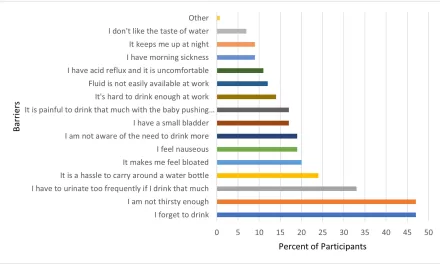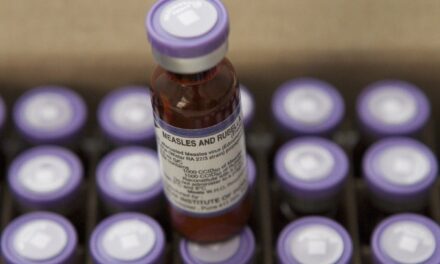Year 3 of medical school is arguably the most challenging, especially with the pressures that come with clinical rotations. For the first time, students must apply their book knowledge to real-world patient interactions and navigate the complexities of core specialties.
While striving to excel and gain hands-on experience, some medical students lose sight of their primary focus: patient care. Experts and advisors have shared insights on the most common clinical mistakes students make—and how to avoid them.
Be More Personable
Many medical students approach patient interactions like an academic test, according to Dr. Anthony Giuffrida, director of Interventional Spine and Pain Management at Cantor Spine Center in West Palm Beach, Florida.
“In med school, you walk in, trying to get information, make a diagnosis, and decide what to order,” he explains. “Instead, start off the conversation differently. Ask your patient where they’re from or what brought them to the area.”
Being personable can enhance patient engagement and outcomes. Additionally, students should avoid complex medical jargon, says Dr. Michael Chichak, medical director at MEDvidi. Clear and compassionate communication using layman’s terms helps patients feel heard and respected.
“Medicine is a team game,” adds Giuffrida. “It’s not just about the physician. Engaging with nurses, medical assistants, and other healthcare staff fosters a collaborative environment.”
Get Involved
Some students hesitate to ask questions for fear of appearing incompetent. However, Dr. Chichak advises that curiosity is essential for deepening knowledge and demonstrating genuine interest in learning.
“A lot of times, students will ramble after seeing a patient but won’t provide a clear answer,” says Giuffrida. “I ask, ‘What would you do if you were the physician?’ Have the confidence to be wrong—medical school is for learning, not knowing everything.”
Dr. John Ragsdale, associate dean of curriculum at the University of Kentucky College of Medicine, emphasizes the value of feedback. “It can be uncomfortable when someone points out an area for improvement, but embracing feedback is key to growth. If no feedback is given, ask for it.”
Avoid False Reporting
One of the gravest mistakes medical students can make is reporting findings they haven’t personally observed. Dr. Marshall Kirsch, a board-certified neurologist, warns against misrepresentation.
“If a student is unsure or hasn’t conducted the exam, it’s better to admit it rather than falsely report a finding,” says Kirsch. “Lying or misreporting can seriously damage a student’s reputation.”
Instead, students should practice transparency. If an error is made, correcting it immediately is the best course of action. “Overconfidence can be dangerous,” Kirsch adds. “Avoid assuming expertise just because you read a chapter on a condition.”
Be Flexible
Clinical rotations require adaptability as schedules, supervisors, and specialties change frequently. Ragsdale encourages students to approach each day with curiosity and expect change rather than resist it.
“Time management is another critical skill,” says Kirsch. “Patients rely on medical students to spend enough time with them to report changes accurately. Setting multiple alarms and keeping a structured routine can help students stay punctual.”
Stay Grounded
Above all, the goal of medical school is to learn how to care for patients, Ragsdale reminds students.
“There will be numerous clinical tasks competing for your attention daily,” he says. “Through it all, remember that your patients are the foundation of everything you do. Take time to connect with them beyond their illnesses.”
Disclaimer: This article is for informational purposes only and does not constitute medical or educational advice. Students should always consult their medical school guidelines and faculty for best practices in clinical rotations.












